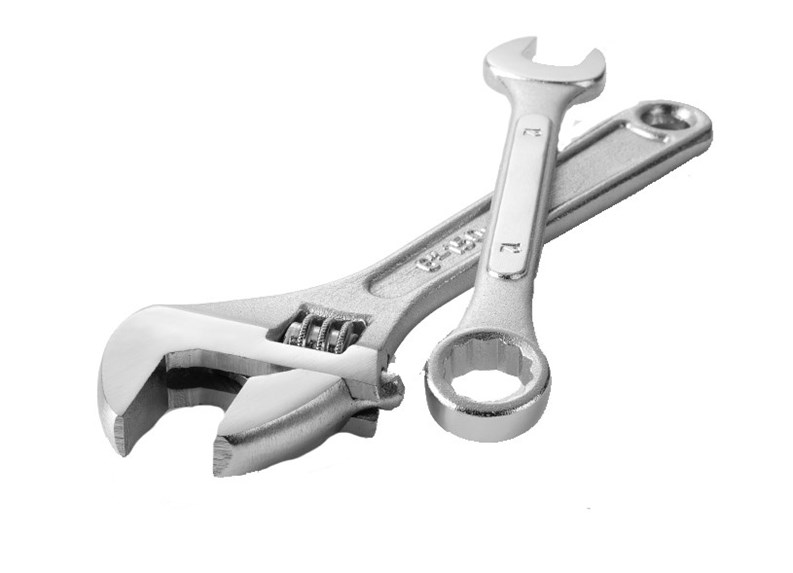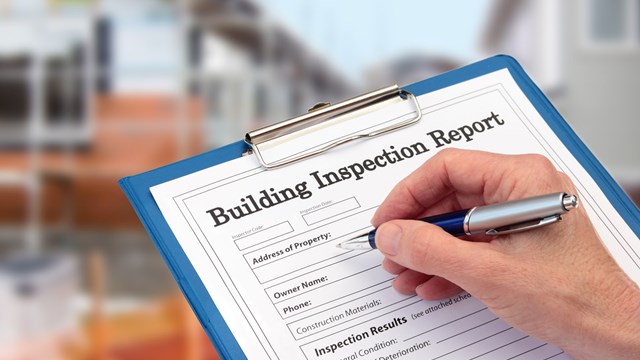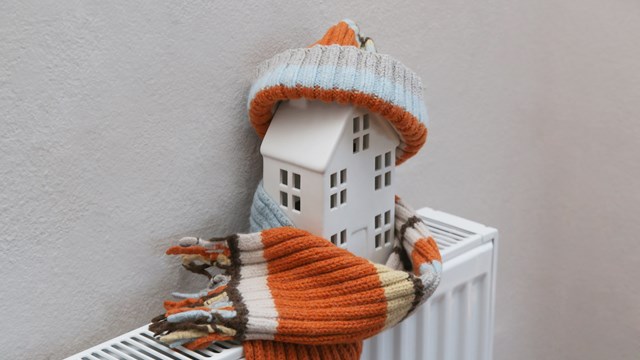Just about every working person, from the busboy at your favorite diner to the CEO of a Fortune 500 company, works under a job description that outlines their duties and establishes responsibilities and boundaries of authority. Your building's superintendent or resident manager should be no different. A clearly defined, yet flexible job description for your key building staff can ensure that what needs doing gets done - and can help building staff and board members maintain a productive, friction-free working relationship.
Of course, there is a problem with having one universal job description for all superintendents and resident managers: No two buildings are exactly alike. Each represents a distinct community with varying needs and expectations. That said, however, while no one document or standard form can address every aspect of every super's individual circumstances, there are core subjects that are common in most buildings.
At the 21st Annual Housing Conference sponsored by the Council of New York Cooperatives and Condominiums (CNYC), the Realty Advisory Board on Labor Relations said of building staff in a seminar on union employees, "They're your employees; as long as it's legal, it can be put into the employee's job description."
While this is technically true, it does nobody any good to concoct a job description amounting to little more than a long list of impossible tasks. As good common sense might dictate, the key to developing a reasonable, workable job description for your building staff is to keep it simple and involve your staff in the process.
With that in mind, let's look at the core duties that are common to most superintendents and can form the framework for a working job description:
Building Cleanliness: Whether your building has just a superintendent or a full staff, the ultimate responsibility for a clean building falls to the super. But what constitutes a "clean" building? As the term itself is somewhat subjective, your board must define standards of cleanliness to be observed by both residents and staff at all times. According to Peter Roach, a resident manger in Manhattan for seven years, "Keeping the building clean is a tough job; it's a constant, ongoing battle. The lobby is the hardest to keep clean; [it's] a 24-hour job. Residents need to cooperate by not needlessly dropping paper or leaving finger prints."
Administration: A superintendent's job is not all light bulbs and steam pipes. Many supers also help manage their building's back office. This includes handling staff payroll, log books, diaries, incident reports, building reports and inspection reports. Administration can also include keeping files and getting bids on projects from prospective contractors and service providers.
Contractor Supervision: Your super should have the authority to supervise any contractor hired to work on your building's common areas. It's also prudent to vest your super with supervising - by inspection - any contractor hired by an owner or tenant. This will ensure proper construction or installation according to the approved alteration proposal. After all, if your super doesn't make sure proper materials and procedures are being used, who will? This is especially important if the tenant has not hired an architect or separate contract supervisor to oversee the work being done.
Garbage Collection: Your superintendent should ensure that not only the building's everyday household garbage is dealt with properly, but that larger items - like furniture, building materials, and appliances - are set out and disposed of according to city codes, and that recycling is properly sorted, stored, and collected. For their part, residents need to cooperate to keep their building clean and make your super's job easier by knowing when trash goes out and by separating their recyclables and refuse. Recycling and keeping a building trash-free is a partnership.
OSHA Issues: It is the responsibility of superintendents and resident managers to have basic knowledge of the Occupational Safety and Health Administration (OSHA)'s regulations; violators can end up with heavy fines and lawsuits. Even without the harsh legal consequences for ignoring OSHA guidelines, it just makes good sense to protect workers - both your own staff and outside contractors - from potential hazards in the work place. Your super should be familiar with OSHA regulations and be able to act to remedy any potential violations that might exist in your building.
Heating Plant Operations: It is the responsibility of superintendents and resident managers to ensure the proper operation of their building's boilers. Safe boiler operation is serious business. Monitoring boilers for efficient fuel use and heat production falls to your heating contractor, but your superintendent must stay on top of the safe, day-to-day operation of your building's heating units.
Staffing and Staff Development: In a well-run building, the super and/or staff anticipates problems and it is then the superintendent's job to develop a preventive maintenance program to address those problems before they occur. Proper scheduling of maintenance and repairs helps your building's bottom line.
According to Ellen Kornfeld, vice president of The Lovett Company, a Manhattan-based management firm, "A superintendent must make efficient use of his staff in order not to waste money or go into overtime. A well-managed schedule addresses daily work as well as insuring that there is coverage for staff vacation and sick time."
Fire Safety: According to Gus Nascimento, a resident manager in Manhattan with more than 20 years of experience, fire safety is "Probably one of the most important jobs, yet the job least noticed." Keeping fire egress clear is important - and an expensive, dangerous code violation if it's not done. In addition to merely keeping exits free and clear, says Nascimento, "In our building, we are vigilant about keeping the battery-operated smoke detectors working." Your super should have intimate knowledge of your building's exits, fire evacuation plan, sprinkler system, and physical composition so that in the event of an emergency, he or she can be of most assistance to fire department and rescue workers.
Preventive Maintenance: This varies a great deal from building to building, but ceiling fan and hall light maintenance, small painting jobs, and keeping all common areas in good repair are all generally the duty of your superintendent and resident manager. Whether a specific job is done in-house or by an outside contractor ultimately must be decided by the board, but your super should be able to perform minor repairs and structural upkeep without bringing in an outside service provider every time.
Board Meeting Attendance: Most superintendents and resident managers agree that it's to everyone's benefit for them to participate in at least part of their building's regular board meetings. Joseph Hill, a long-time resident manager in Manhattan says, "It's important to be at the board meetings - although it is not [always] necessary to stay for the entire meeting. By being at the meeting, everyone can be on the same page".
Supers can use that time to bring up problems - or potential problems - and give constructive input to the board. According to Nascimento, "Agents have too much on their plates at times. By the superintendent being present at the meetings, he or she can remind the agent of items that otherwise may go forgotten. After all, we're a team."
Security: "A superintendent and resident manager are key to a building's security," says Nascimento. Service entrances, common area doors, windows, and alarms need to be checked thoroughly and regularly to make sure they are in proper working order and have not been tampered with.
While your building is sure to have special, specific needs beyond the basics outlined here, these items can serve as a sort of checklist for your board and your superintendent or resident manager. By working together in an attitude of cooperation and inclusiveness, your board and building staff can craft a job description that works for everyone. If you would like more information or specific help for your building, you can contact the Superintendent Club of New York at (718)552-1160, or consult the club Web site at www.nysupersclub.org.







3 Comments
Leave a Comment